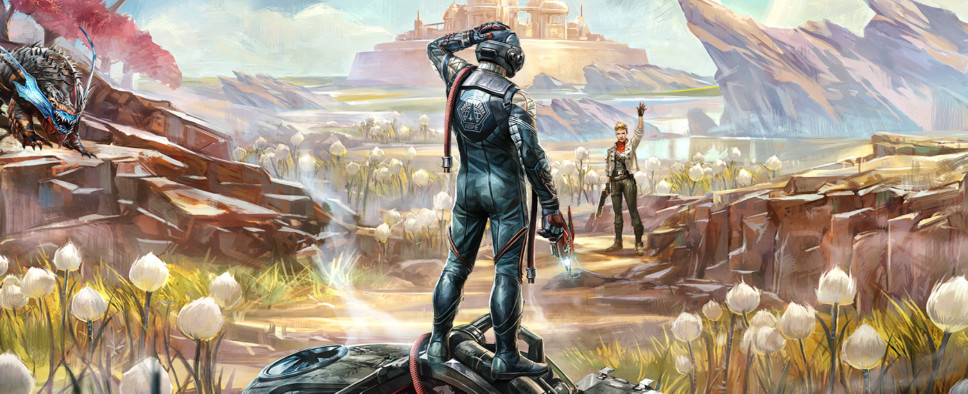Brian Fargo and Feargus Urquhart on Working for Microsoft
-
Category: News ArchiveHits: 1999

Over the last couple of days, GamesIndustry.biz published a series of articles where the heads of studios acquired by Microsoft between 2018 and 2019 discuss what it’s like to be a part of Microsoft and how they go about their business these days. Seeing how two of those studios are inXile and Obsidian, a couple of notable RPG developers, you might be interested in checking these articles out.
We start with an overview of Microsoft’s acquisitions, then continue with a discussion focused on the benefits of developing games for Xbox Game Pass, and finally look forward towards the next console generation. Here’s a quick excerpt to get you started:
Obsidian head Feargus Urquhart says: "Around spring or summer last year, I had a number of employees who were super disappointed because they thought it was going to be more different [laughs]. Not from the standpoint of us not being supported, but because they felt we were becoming part of this 'big Microsoft'.
"The only really different aspect of my day-to-day is not having to be the guy getting the money from the publishers. That has also changed how we approach development. A lot of times as an independent, how you develop games is dictated by the partner, because it's their money and they have a way they want you to make a game. It's been cool to apply those years of experience, and say 'hey, we can make the games the way we want to make them'."
InXile boss Brian Fargo gives an example of Microsoft's approach to the new teams.
"I knew what I wanted to do next. It was a category we loved, it was a unique opportunity in the marketplace, and I had all the ancillary information as to why I felt it was a great idea. I prepared the whole thing, I sat with Matt and said here is what we want to do, and he said 'if that's what you want to do, then great'. It was over in like 60 seconds. That was wild for me, because we're used to this six month process of back-and-forth with a million questions -- with things like 'how many pieces of art will there be?'
"I had to go back to Matt a second time and go: 'I just want to be sure that you understood that this is what we're doing.' And he said: 'I love the idea so much that I don't want to see anything, so that you guys over-index on what I say and think you have to change it in some capacity.' That's a true story."

